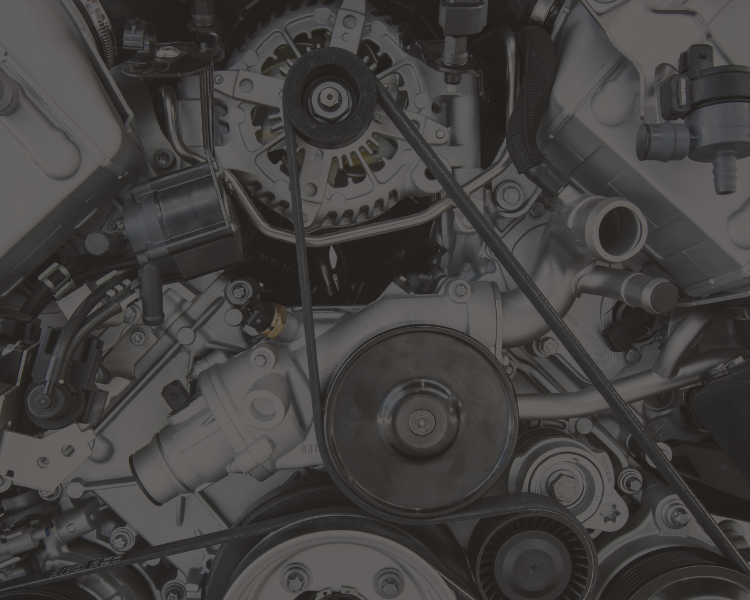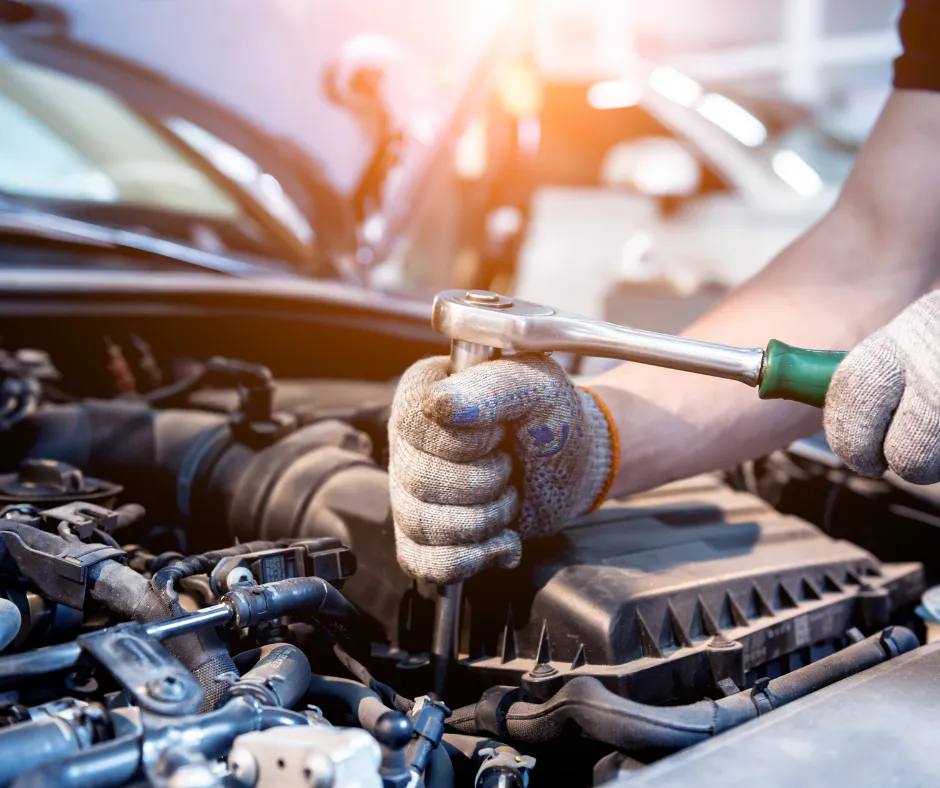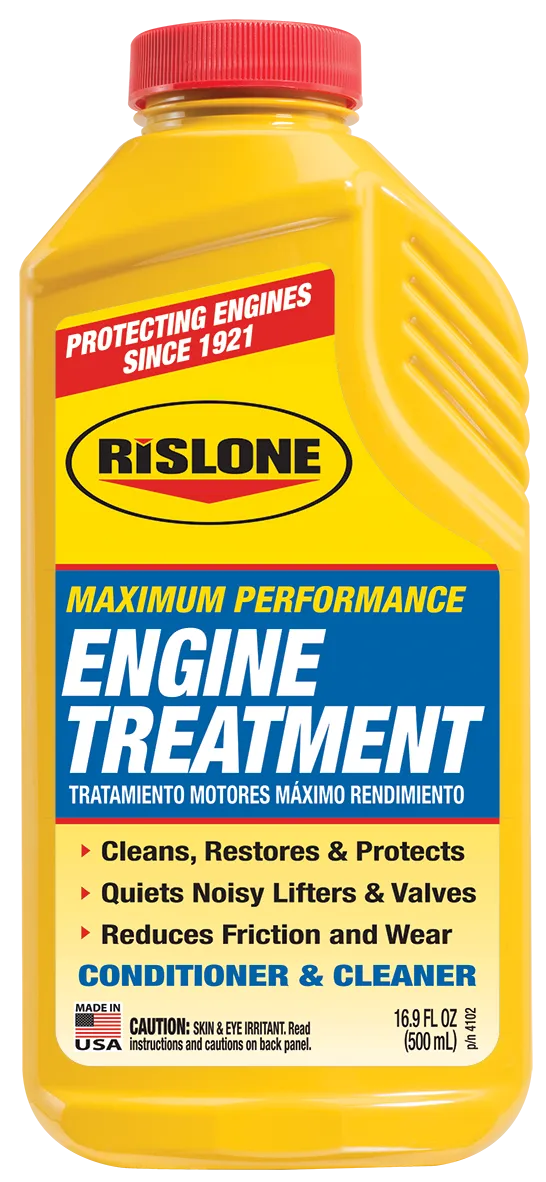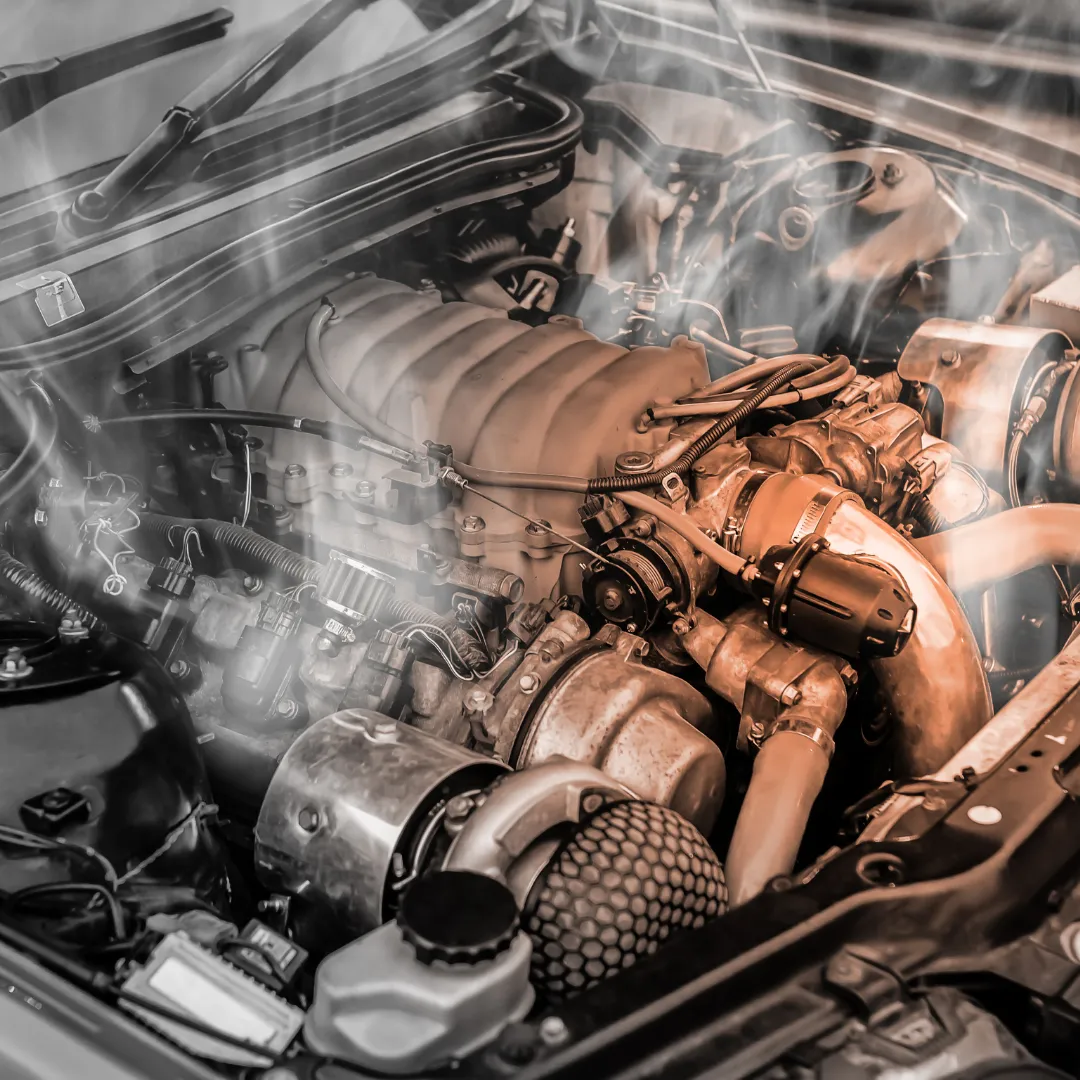How to Quiet Noisy Lifters
Are you having a problem with hydraulic lifter noise in your vehicle? If you are not a car enthusiast, you may have this problem and not even be aware of it. Others may know there’s a problem, but want to learn how to quiet the noisy lifters. Fortunately, there are ways to deal with car lifter noise. Here’s what you need to know about the different ways to quiet noisy lifters.
What Are Car Lifters?
A car lifter refers to your car’s hydraulic valve lifter. It’s a small cylinder attached to your car’s hydraulic valve by a rod called a rocker arm. The system works well, except when it doesn’t. A phenomenon can occur called lifter tick, where the lifter itself makes an irritating ticking or tapping noise.
Depending on the severity of the problem, you may hear an occasional tick or the lifters will constantly tick the whole time you run your car. You get lifter tick more often in older cars and high-mileage vehicles, but it can happen in just about any car, especially ones that haven’t come in for regular maintenance and servicing.
You might think you can live with a little lifter ticking, but after a while, it may start to drive you crazy. More importantly, it can indicate a more serious problem you will want to address before having to make a major repair. Also, lifter ticking can distract you while driving, which can quickly turn dangerous.
Why Do Car Lifters Make Noise?

It’s possible the lifters themselves are simply worn. If you have a much older car you’ve been driving for a long time, it is more likely this is the problem. If so, you will have to replace the faulty lifter or lifters. It’s best to replace them all since the others will probably soon follow if one is worn and you do not want to go through the whole process all over again.
However, lifter noise can mean you have an oil issue. What kind of issue? Dirt and sludge from the oil may form in and around the lifters or along the valve train. This can make it difficult for the lifters to function properly.
You may also use oil that is too thin or thick for your engine and hydraulic valve filters. Viscosity is the measure of how thick or thin your oil is. If you change your own oil then notice lifter ticking, there’s a good chance viscosity is the culprit.
How did you deal with those numbers on the front of the oil label, such as 5W 20 or 10W 30? Did you choose the cheapest, or one that sounded right? If so, you may be responsible for your engine’s lifter ticking. Those numbers, sometimes called weights, are the oil’s viscosity, or thickness rating. You need to use the viscosity of oil your owner’s manual specifies. This is the rating the manufacturer has determined is the ideal viscosity for your engine. Deviating from that in any way can create several engine problems, including noisy lifters.
How Can You Quiet Your Car Engine?
Once you verify the lifter ticking is not caused by a worn-out lifter or some other damaged part, the best thing to do is change the oil. Get rid of all the oil currently in the engine and flush it out before adding new oil. Make very sure the new oil you are putting in is exactly the type of oil the manufacturer specifies. If you can, make sure it is synthetic oil. If you can’t get synthetic oil, at least use a synthetic blend.
Once you change the oil, let the car run for a half-hour or so to help the oil work its way through the system. If the lifter noise was from an oil problem, you should find it goes away after you do this.
If this does not resolve the problem, try again to see if you have a parts issue. Make sure the pushrods are straight, the rocker arm is properly attached and the lifters themselves appear undamaged. You can also adjust the valve lash, which is the space between the rocker arms and the valves, tightening or loosening as necessary. Hydraulic valve lifters are self-adjusting, but if nothing else is working, this might provide the solution. Admittedly, these are things many people can’t do without the expertise of a mechanic.
Choose Rislone for Your Needs
In addition to putting in new oil, there are proven additives you can add to your oil to improve performance and quiet your lifters and engines. High-quality products such as our legendary Rislone Engine Treatment serve this purpose and can significantly quiet noisy engines. These products are affordable, easy to use and can extend the life of your engine. To find products like these near you, check out the Rislone store locator.




